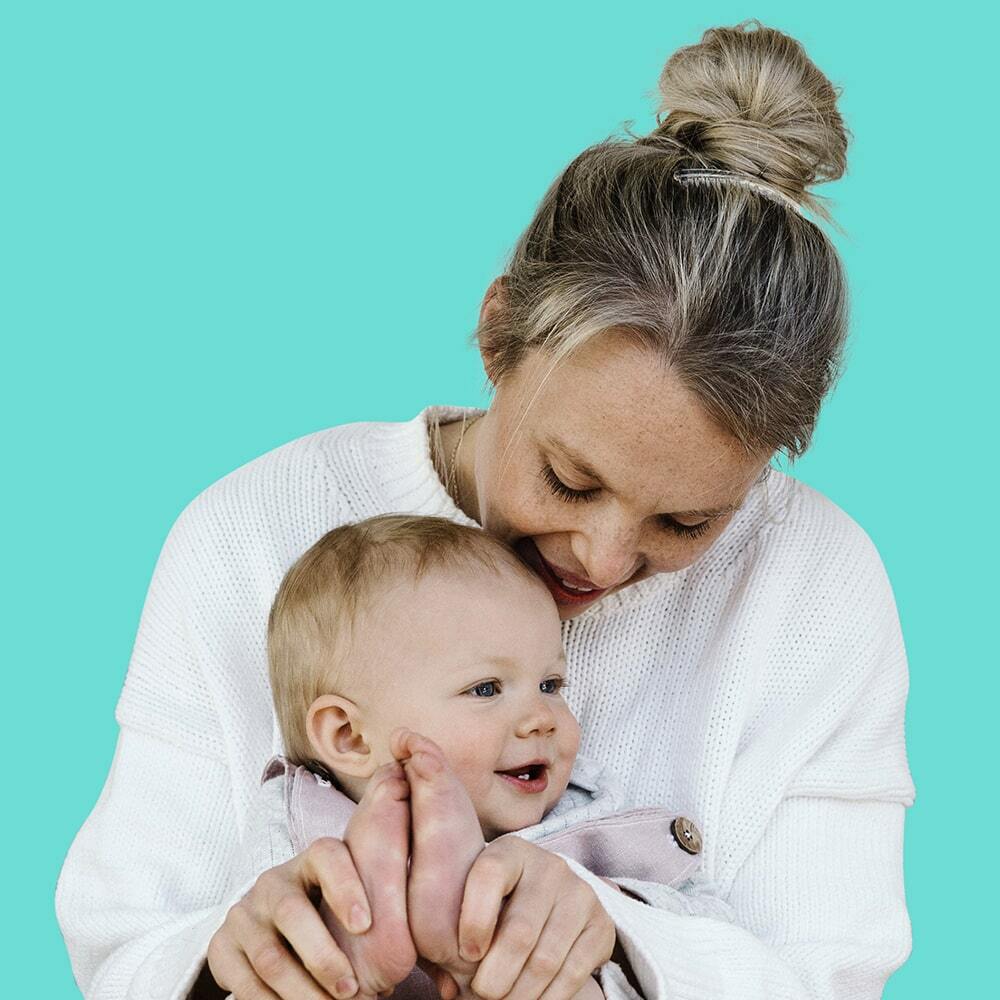Genetic screening is not about designer babies - it's about choice
21 December 2021

21 December 2021

One of the most important and rewarding aspects of my job as an obstetrician-gynaecologist and genetic pathologist is providing support to patients to whom I have had to deliver news about their child having a genetic condition.
Many parents feel frustrated when they realise it didn’t necessarily have to be this way - if only they had known about genetic carrier screening. Harder still is seeing those dealing with the loss of their child and wondering what they can do to reduce the chance of it happening again.
For decades people could screen for single genetic conditions if they knew a family member had been affected or they came from a specific population. More recently the “three-gene test”, focusing on the most common genetic conditions of cystic fibrosis, spinal muscular atrophy and Fragile X syndrome, has become commonplace. These three conditions alone cover about half of positive cases.
But there are hundreds of other genetic conditions and, while individually rare, they are collectively common.
One in every 200 babies born in Australia will have a rare genetic condition.
These conditions account for 10 per cent of paediatric hospital admissions and 20 per cent of infant mortality.
For a few hundred dollars, and in the comfort of your own home, you can provide a cheek swab sample, send it off to have it analysed and be equipped with information about the chance of your children having a genetic condition.
The Royal Australian and New Zealand College of Obstetricians and Gynaecologists recommends everyone planning pregnancy be offered genetic carrier screening. Genetics experts, GPs, even government organisations, are urging more people to undergo screening before pregnancy or in the early stages of pregnancy.
Carrier screening needs to become essential. If you’re at the chemist buying preconception folate, remember to head online and learn about genetic carrier screening. If you buy a baby car seat, think about spending the same amount on a genetic test. If you’re pregnant and considering tests, speak to your doctor about having genetic carrier screening
The facts are simple - one in 30 couples have an increased chance of having a child with a significant genetic condition. (1)
For 29 couples, there’s nothing else to do. For the one, genetic screening opens new doors. They may choose to leave it to nature and prepare for the outcome. Plans can be made to ensure the baby will be born in a place with access to the support they may need. Therapy can be organised in advance, reducing the time it can usually take.
Others may screen their embryos to select those with the best chance of avoiding a genetic condition. Genetic testing of embryos now attracts a Medicare subsidy, reducing the once prohibitive cost.
Genetic screening is not about designer babies and the conflation of the two is deeply offensive to those who undertake the test and learn they have a serious chance of passing on a genetic condition to their children.
It’s about choice - an improved choice backed by having as much information as possible.
Monash IVF now offers At-Home Genetic Carrier Screening tests. You can learn more about this genetic carrier screening test here.
Dr Tristan Hardy is the Medical Director of Genetics at Monash IVF Group. He is Australia's only dual trained obstetrician-gynaecologist and genetic pathologist. He is also a fertility specialist at Repromed in South Australia. You can learn more about Dr Tristan Hardy here.
References
1. Berbic M, Hesson L, Clarke J, et al, (2022) Reproductive carrier screening (RCS) to identify Australian couples at risk of having children with autosomal recessive and X-linked conditions, RANZCOG Annual Scientific Meeting, October 2022.

Wherever you are on your journey, one of our supportive nurse enquiry team members can help you understand your options and take the next step. These conversations are free and informative.